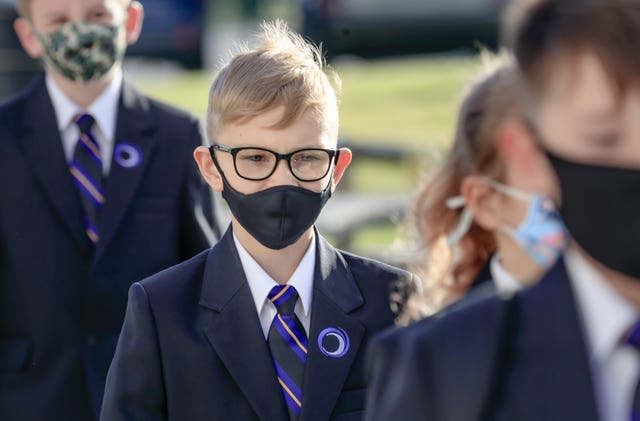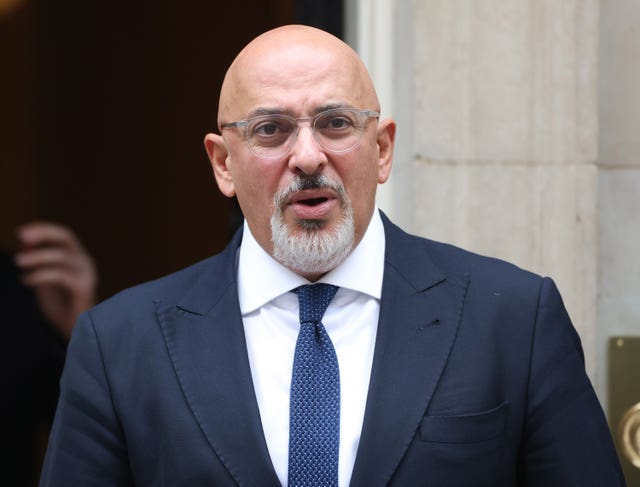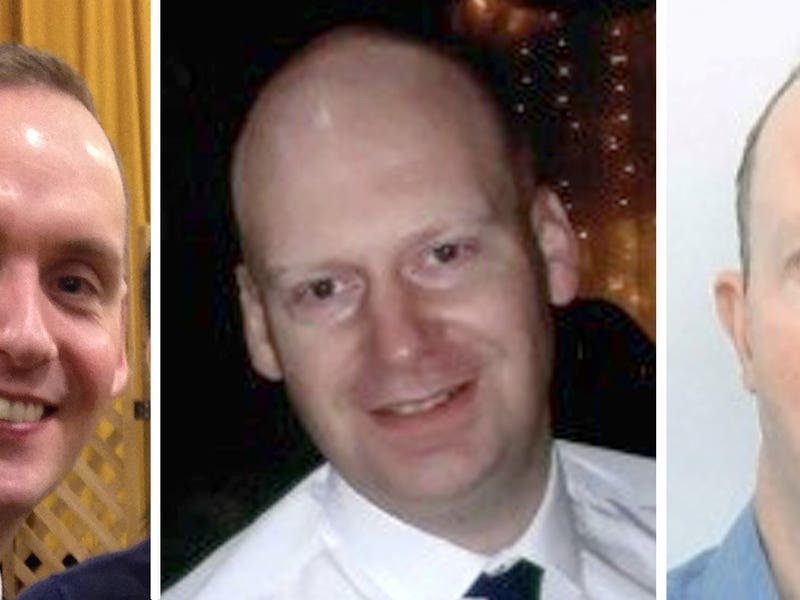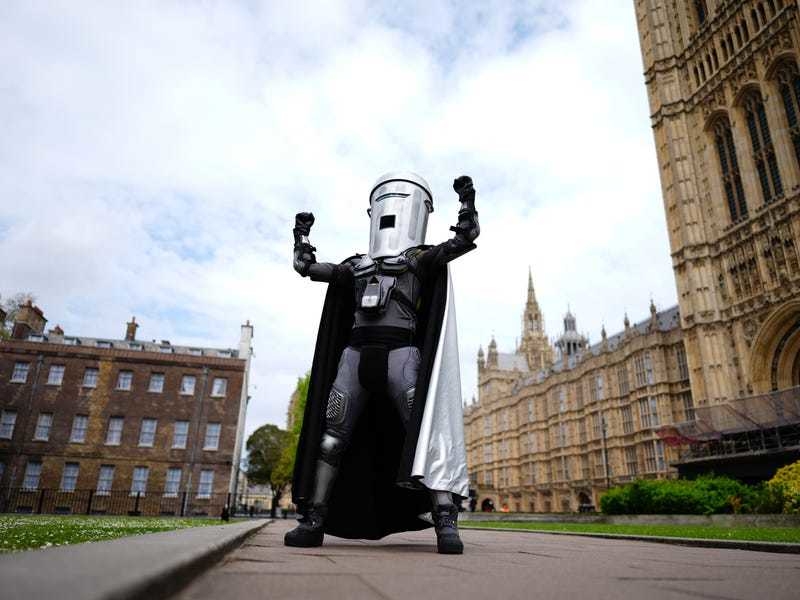Children will look back at the coronavirus pandemic “almost like evacuees of the Second World War”, the general secretary of the Association of School and College Leaders has said.
Geoff Barton said pupils living through the pandemic will be able to see what they achieved as part of the “Covid generation”.
His comments come after the Government announced face masks should be worn in classrooms in England’s secondary schools and a return to education for some pupils following the Christmas break.
Mr Barton said: “Masks are one way that we can get more young people in school and remind ourselves that young people are playing a really important role in protecting each other and protecting their teachers.

“I think all credit to those young people, and all the staff in school.”
Mr Barton said he has heard that young people do not like wearing masks, “but recognise that this is one way that they stay in education”.
Earlier this week, Education Secretary Nadhim Zahawi warned that staff absences in schools are likely to rise this term.
He told MPs: “We must do everything we can, everything in our power to keep all education and childcare settings open and teaching in-person.

Last month, Mr Zahawi called on retired teachers to return to school to help tackle staff absences.
Mr Barton told BBC Breakfast there is already a “mixed picture” of how coronavirus is affecting staff absences in schools so far this term.
He said: “Not all schools and colleges are open yet and won’t be until Monday so we’re not going to get a proper picture of staff absence until next week.
“There’s a snatched snapshot taken from a small number of primary schools earlier in the week that suggested there might be around 10% of the staff absent. The Government itself is planning potentially for 25% of staff.”






